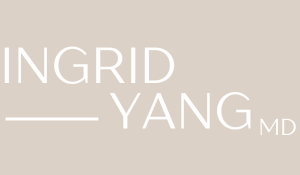The other day, I had the privilege of hearing one of my life heroes and greatest inspirations speak, Atul Gawande. He is a Harvard CT surgeon that has dedicated his life to the betterment of his craft and society as a whole (read his books “Better” and “The Checklist Manifesto”). He regularly contributes to the New Yorker and embarks upon medical missions to Africa and India to provide health care assistance. He is my ultimate hero and I hope to grow up one day to be even half the physician and human he is. In his talk, he discussed the continual need for coaching and mentorship. This struck me as so fascinating, because we don’t talk about this in medicine. We think, once we are done with our formal residency training, and become board-certified, then we are done with our education. Sure, we have ongoing continuing medical education requirements, but for the most part, your time is meant to be spent solely in service of your patients, and you are to be their expert. You continue to learn by reading, not by formal mentorship. Your patients want to believe that you know everything; that if there is even an errant cell in your body, you will identify it and shield them from all the worst case scenarios. Even I want my doctor my Superman! But, she is human too. She’ll do her best with her many years of medical experience and life sacrifices to know what to do when I am ill, and to prevent disease from overtaking. But it still stands that she cannot know everything, and sometimes she may have habits that she doesn’t even know about. The best thing that we, as health care providers, can do, is to know and acknowledge our shortcomings. Because human disease is a completely human process. And often we don’t know our shortcomings until a kind observer clues us in. There are so many subtleties to the practice of medicine, that it may be impossible to see unless it is pointed out to you under the guidance and mentorship of someone who is appointed to the task. And to you, the reader, how can you apply this to your career/life/craft? How we can humble ourselves enough to remember that we will always require guidance, no matter what path we choose? How can we reach out with an open heart and continually ask ourselves, “How, in my life of service, can I be better?”
Mentorship, coaching, and why we will always need guidance
September 18, 2018

